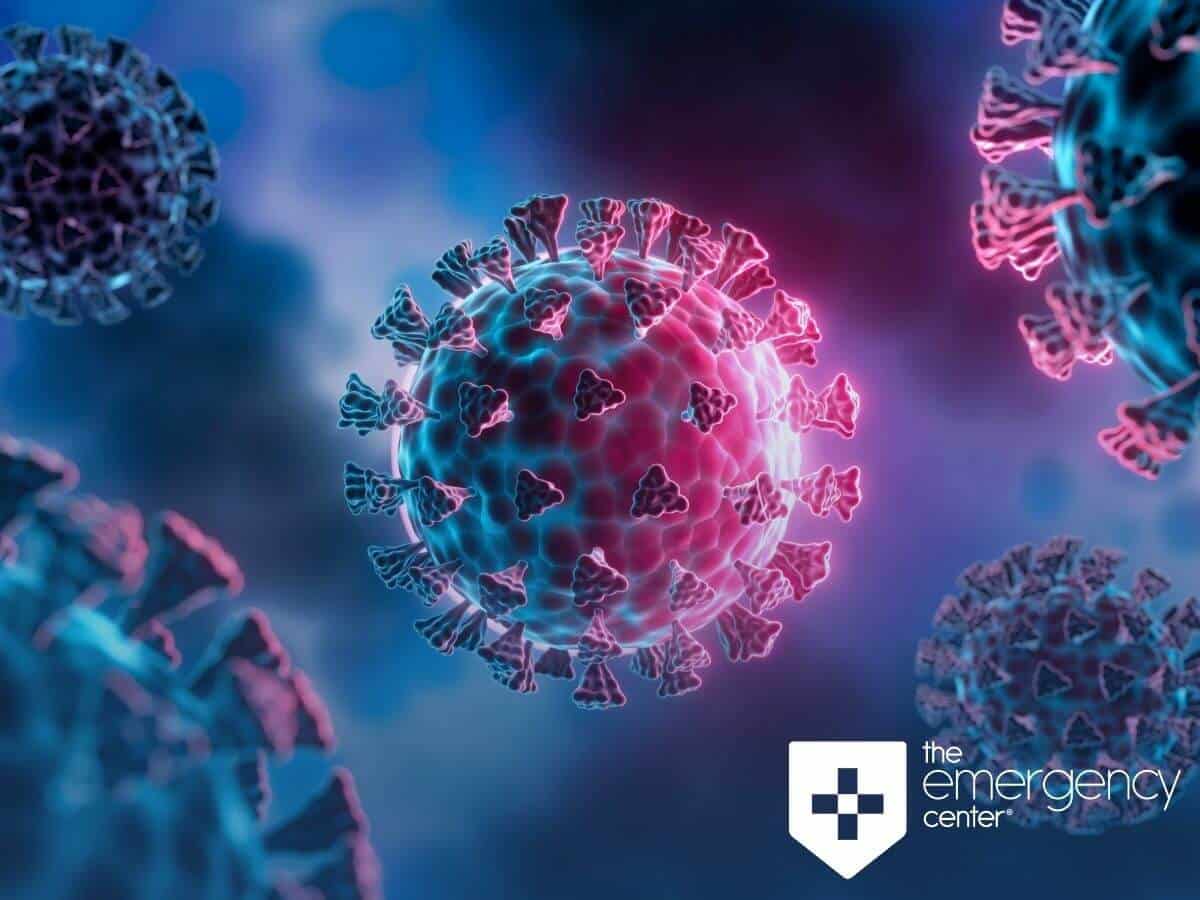According to recent estimates from the Centers for Disease Control and Prevention (CDC), the Delta variant of COVID-19 is now the most common strain of the virus in the United States. While this COVID-19 variant has been around for many months in countries like India, its impact is just now being widely felt in the U.S., especially in areas with low vaccination rates.
A variant occurs when a virus mutates and is detected through laboratory studies. Often, a mutation has no real impact on how a virus acts, but sometimes it does. Throughout the COVID-19 pandemic, there have been many variants taking hold in various parts of the world and then spreading: the U.K. variant, the South African variant and the Brazilian variant among many others. The Delta variant’s genetic mutation is on COVID-19’s spike protein and has made it more transmissible and harder to treat.

Many medical experts are particularly worried about the Delta variant because it replicates so quickly, allowing it to more readily escape the body’s immune response and potential therapies. In fact, studies have indicated that it is about 50 percent more contagious than the original strain of COVID-19, meaning that it also spreads much quicker among a population. Additionally, the Delta variant seems to be impacting younger people more than other strains.
Get Vaccinated. Though it is a mutated form of the original COVID-19 virus, COVID-19 vaccines remain highly effective against it—though not quite as effective as they are against other strains. More importantly, though, most vaccines remain well over 90 percent effective at preventing hospitalization due to the Delta variant.
To Mask or Not to Mask? Due to the Delta variant, the World Health Organization recommends that everyone–even those fully vaccinated–continue to mask up when indoors. However, the CDC has not seconded this guidance. So while there is no consensus on Delta, there continues to be clear consensus that masking and social distancing are effective tools against the spread of COVID-19, including the Delta variant.
Watch for Symptoms. In the United Kingdom, where the Delta variant accounts for 90 percent of new COVID-19 cases, the frequency of certain COVID-19 symptoms appears to be a bit different. For instance, cough and loss of smell are not being reported as often with Delta, but these symptoms are:
Anyone (especially the unvaccinated) who experiences any COVID-19 symptoms should quickly get tested by a trusted healthcare provider like The Emergency Center. Available 24/7, The Emergency Center offers several emergency use authorization (EUA) approved forms of COVID-19 testing at all of our facilities, including the Rapid Molecular PCR Test and the Rapid Antibody Test.
Due to the growing prevalence of the Delta variant, prompt diagnosis of COVID-19 is essential to preventing the spread. The Emergency Center can provide fast test results and direct the care of patients who are COVID-19 positive or who are ill due to any other kind of infection. As an emergency care provider, our goal is to start treatment before symptoms become too severe in the hopes of preventing hospitalization.
It is the same approach The Emergency Center takes when caring for each and every patient.
The Emergency Center
San Antonio
11320 Alamo Ranch Pkwy
San Antonio, TX 78253
Phone: 210-485-3644
Conroe
4019 I-45 N,
Conroe, Texas 77304
Phone: 936-247-9457
Is your nausea more than just an upset stomach? Learn about the causes of nausea…
Experiencing numbness or tingling? Discover the causes and know when to seek emergency care for…
Experiencing abdominal pain? Learn what it could mean by location and when to visit the…
Is your skin redness a sign of something serious? Learn about different types of skin…
Why are ER wait times so long? An emergency room physician explains key delays and…
Are you aware of the dangers of carbon monoxide? Learn prevention tips, symptoms, and how…